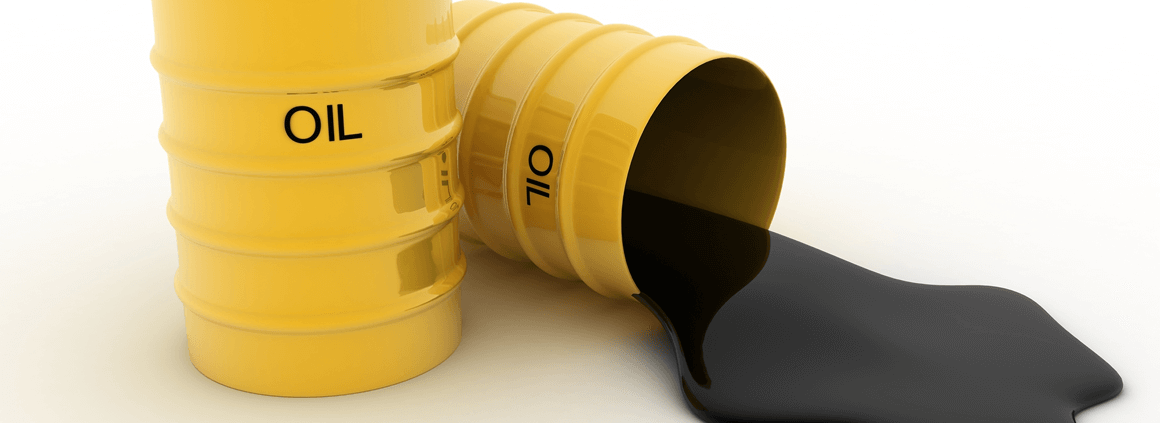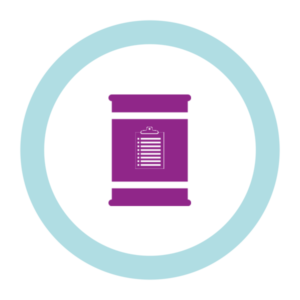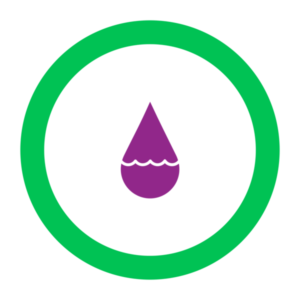Are you reducing your risk for spills?
EPA order enforces spill prevention safeguards at Tangier, Va. Fuel Storage Facility
PHILADELPHIA (April 15, 2020) – The U.S. Environmental Protection Agency announced today that Tangier Oil Company, Inc. has agreed to take actions to reduce the risks of spills of fuel oils into the Chesapeake Bay. These actions will address the company’s alleged environmental violations at a fuel storage distribution facility that the company operates in the Tangier Harbor in Virginia.
The Tangier Oil facility, which transfers oil to and from docked vessels, has an aboveground oil storage capacity of 150,360 gallons — including six 20,000-gallon and three 10,000-gallon storage tanks for diesel fuel, gasoline, and kerosene.
EPA’s Administrative Order on Consent with the company addresses violations of the Clean Water Act’s Spill Prevention, Control, and Countermeasure (SPCC) and the Facility Response Plan (FRP) requirements. The alleged violations included:
- Failure to have secondary containment around bulk storage tanks that is adequate to contain oil leaks;
- Failure to comply with inspection requirements;
- Failure to develop and implement oil spill preparedness and response training; and,
- Failure to develop and fully implement a program of facility response drills and exercises.
In entering into this consent order, the Tangier Oil Company neither admitted or denied these violations but agreed to take actions on a specified timetable including: submitting a revised SPCC plan and FRP; remedying deficiencies in the facility’s secondary containment; hiring an independent consultant to evaluate and remedy any deficiencies associated with the integrity of oil storage tanks/equipment; and implementing mandatory employee training, drills and exercises.
What precautions are you taking to reduce your risk of spills? Environmental violations can lead to costly fines as well as bad press for your company.
Be prepared. Get the training you need before violations occur. Check out our spill prevention training courses now and keep yourself and your company safe.
Spill Prevention Control and Countermeasures (SPCC)
This training course covers:
- What a Spill Prevention, Control, and Countermeasure (SPCC) plan is
- SPCC training requirements and goals
- What types of oils are covered by the SPCC program
- Spill prevention and planning requirements
- Ways to prevent or minimize the potential for spills
- What are secondary containment and diversionary structures
- Operations, equipment, and processes which have a potential to cause a spill
- Basic spill response expectations
- How to respond to an emergency involving serious injury
- How to response to a non-emergency spill
- Reporting incidental shop spills
- Reporting requirements
- Accidental sewage discharges
- What to do if you discover an underground storage tank (UST) leak
- Secondary containment system drainage procedures
- Fuel delivery and grease trap pumping best management practices (BMPs)
- Other oil-filled process equipment
Spill Response
This training course includes:
- How to minimize the potential for spills
- Operations, equipment, and processes likely to encounter a spill
- How secondary containment is used to protect the environment
- Proper fuel delivery procedures
- What to do if a spill occurs at your jobsite
- What to do if a spill has caused an emergency situation
- Reporting incidental shop spills
- The appropriate action to take following an accidental sewage discharge
- What to do if you discover a storage tank leak



